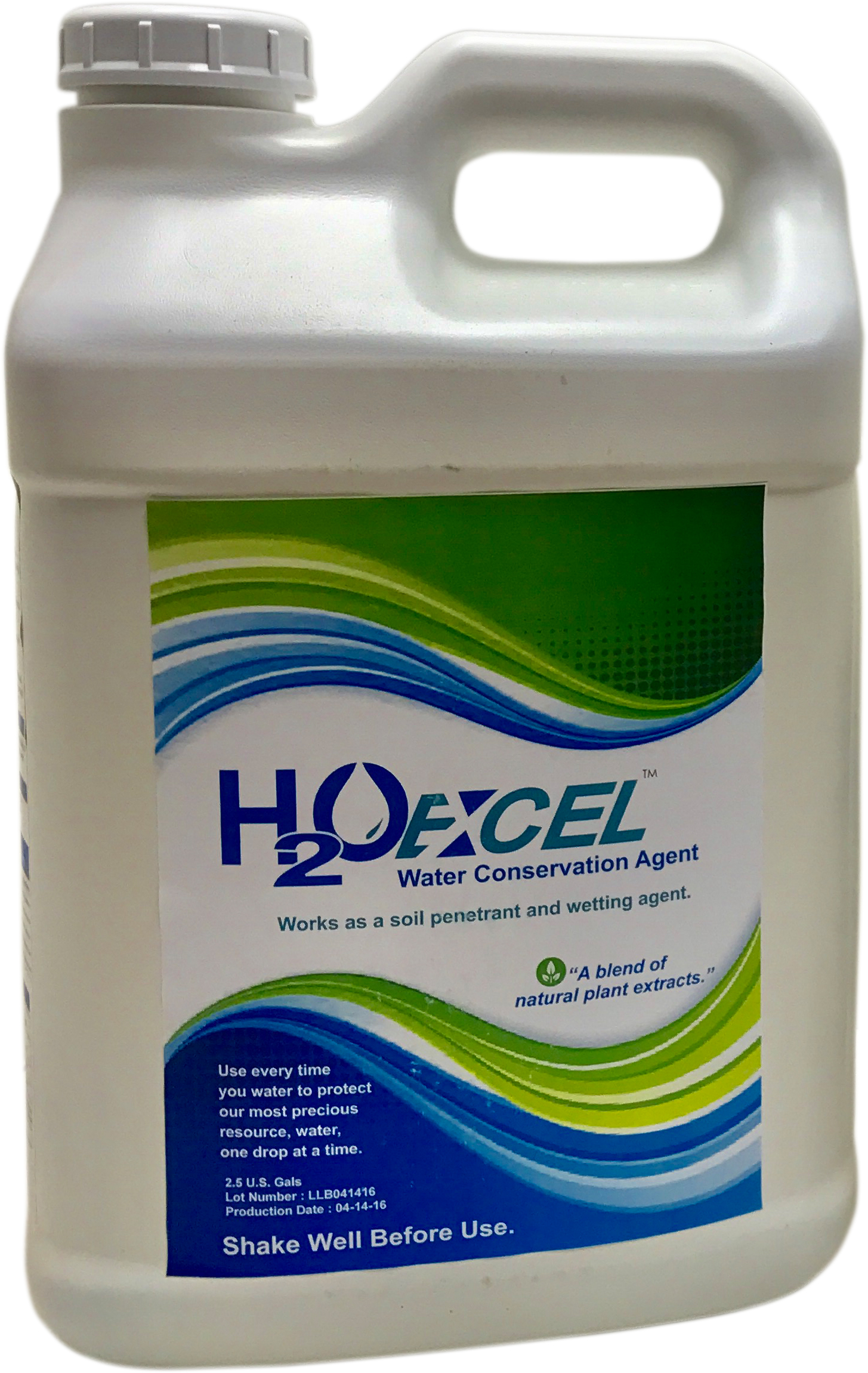Savvy growers want to know how they can get more out of their soil and biomass post-harvest while reducing input costs. The plant and soil experts at Brookside Agra have developed a unique Digester Program that utilizes the company’s natural H2OExcel and Advanced Bio Pro products to return 20 to 30 percent of valuable biomass nutrients back into the soil, therefore reducing the amount of nutrients growers would need to apply in the spring.
When using Brookside Agra’s Digester Program—which contains a biological combined with the components that support beneficial microbes and bacteria in the soil—growers should see a fairly quick response, says Ben Elliott, soil and plant nutrition specialist with Insight Bio Ag. The goal is to break down the biomass to make it easier to handle the following spring and return as much of its stored nutrients back into the soil in the forms that are stable and can be utilized for the next crop.
“A unique chemistry that I fully support from my research and use in the fields is a combination of Advanced Bio Pro and H2OExcel from Brookside Agra,” says Elliott. “Advanced Bio Pro is a proprietary blend of stable, highly active microbial cultures, enhancers and nutrients. H2OExcel works to change the polarity of water and soil to increase biological activity, interact with soil capillarity pressure and defend against dehydration of both the soil and plants by keeping water available deeper within the soil profile. When using Brookside Agra’s Digester Program, I see those nutrient numbers climb into the 20 percent-plus ranges. Of course, the results always depend on the climate and soil conditions.
 “However,” Elliott continues, “I always see this system pay growers back. As you approach the 20 to 30 percent range, there is enough value in the nutrients released from the biomass back into the soil that allows for incremental reductions in applied nutrients.”
“However,” Elliott continues, “I always see this system pay growers back. As you approach the 20 to 30 percent range, there is enough value in the nutrients released from the biomass back into the soil that allows for incremental reductions in applied nutrients.”
According to Elliott, if he just lets the biomass lay in the fields that he monitors, only about 2 percent of the measured nutrients are returned to the soil. Where nitrogen is added, that number only goes up to about 6 percent. The value of the nutrients released compared to the cost of the nitrogen and the labor generally does not pay anything back.
“If using a biological alone, the process can still be slow and of little effect,” says Elliott. “It is important to remember that biologicals function according to environmental factors like temperature and moisture. If a biological is applied alone, it may only have species that respond to those environmental factors present in the soil when they are applied. The key to a successful digester program is getting as many biologicals in the sprayer as possible and giving them the food they need to multiply rapidly.”
Elliott recommends not conducting any tillage operations in the fall in order to maintain the integrity of the biological ecosystems being constructed during this process.
“I always recommend that standing biomass should always be put in contact with the ground before applying a digester program. But if that is not practical for your operation, it is not absolutely necessary,” Elliott says. “Using a digester program also allows the biologicals both already present—and those added to the field—to maintain the integrity of the soil structure and improve the ease of water infiltration.”
Initiating practices like Brookside Agra’s Digester Program and using products like H2OExcel is a great way to actively start adapting soil health methods and working toward a better understanding of soil, inputs and yields, says Elliott.
“Maintaining a proper balance of nutrients throughout the growing cycle will always lead to greater efficiency when breaking down biomass and securing nutrients in proper form in the soil,” he says. “This practice will also lead to higher numbers of active soil organic matter, resulting in more efficient use and retention of water in the soil profile, which is absolutely necessary in creating a positive return of nutrients from biomass.”
For more information about starting a fall Digester Program and Brookside’s customizable Digester ROI Calculator, contact Tony Arro, Brookside Agra director of sales for specialty products, at (618) 628-8300 ext. 24 or tony.arro@brookside-agra.com.